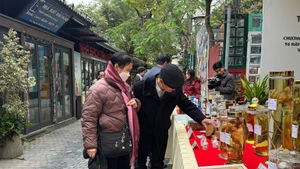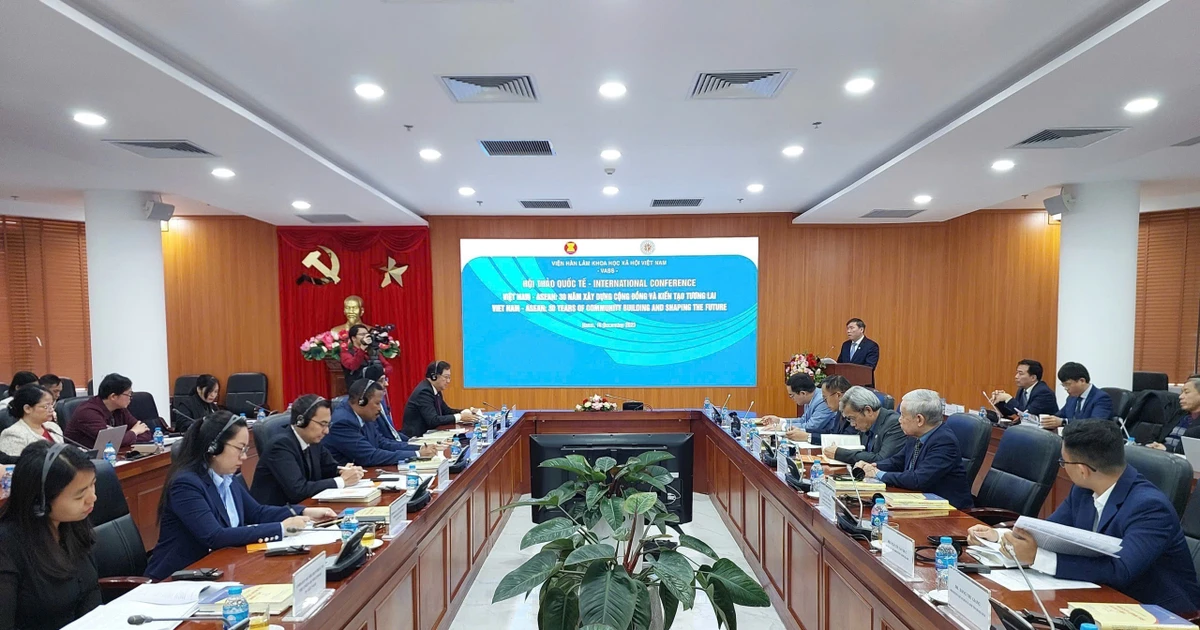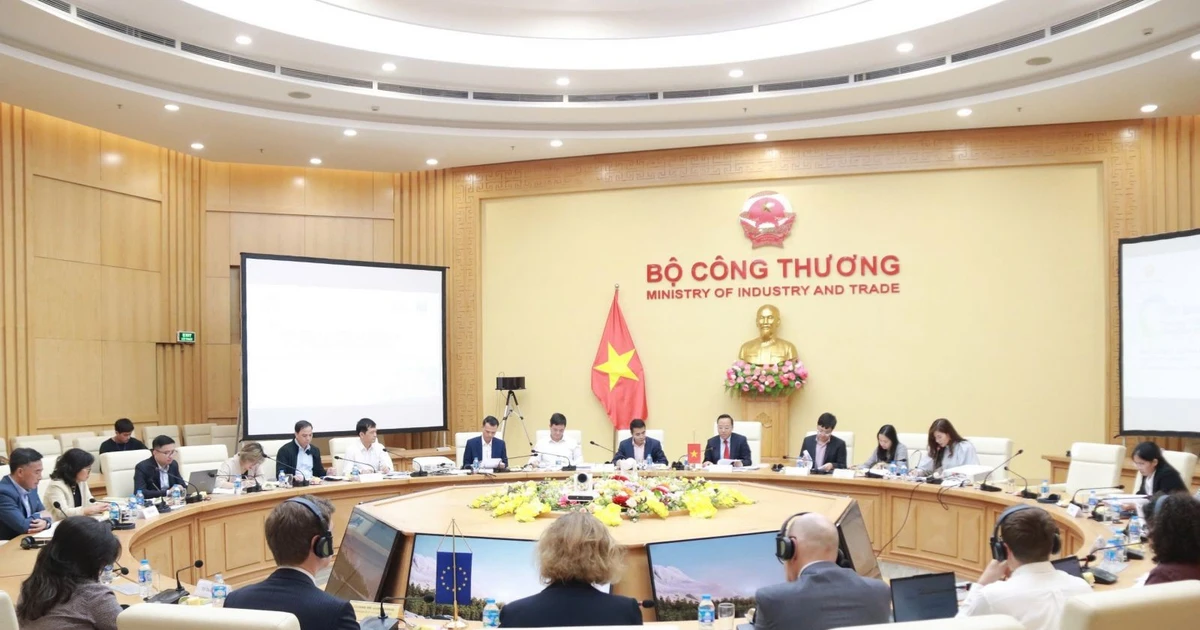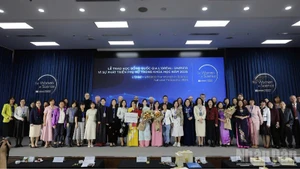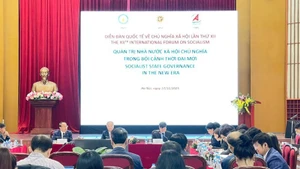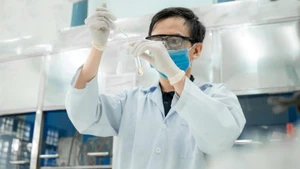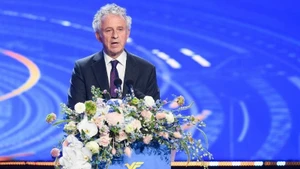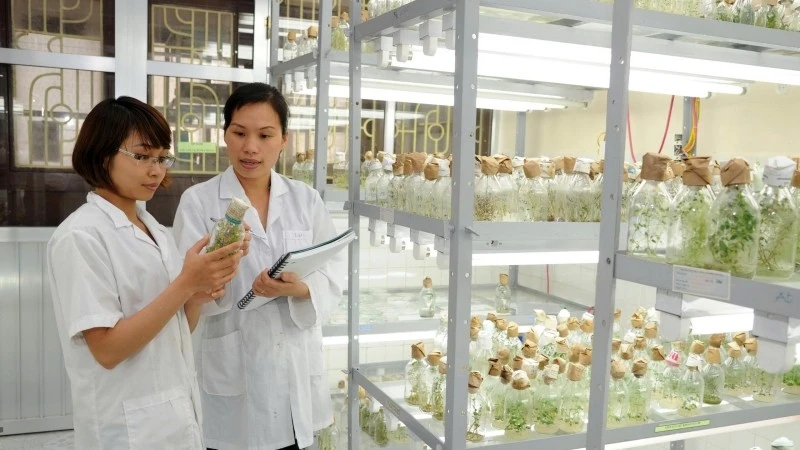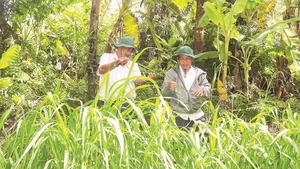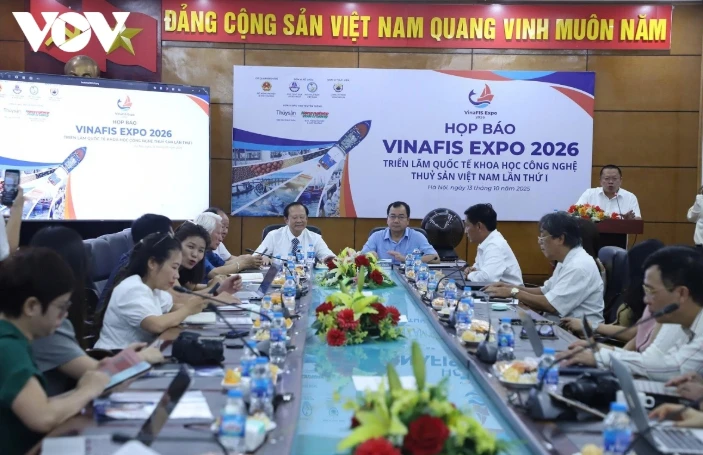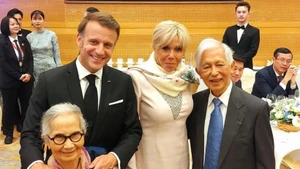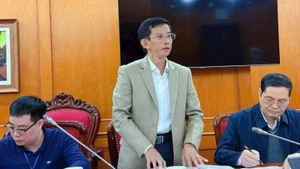The event is co-hosted by Rencontres du Viet Nam (Meeting Viet Nam) and the International Centre for Interdisciplinary Science and Education (ICISE) with the support of the French Embassy. It forms part of science and technology activities within the France – Viet Nam Year of Innovation 2025.
Leading domestic and foreign professors and experts will offer in-depth lectures alongside hands-on learning through group projects, practical exercises, and research presentations. The programme aims to provide a comprehensive and up-to-date overview of cutting-edge advances in AI and quantum computing.
Participants will also gain knowledge of quantum algorithms, quantum computing applications in quantum chemistry, and quantum simulations, while practising on specialised platforms and software packages such as Qaptiva and OpenVQE.
The organisers said that as AI and quantum computing emerge as dynamic fields poised to drive revolutionary breakthroughs in computing and key industries such as materials science, logistics, healthcare, and finance, the school is expected to help address the urgent demand for high-quality human resources.
Denis Fourmeau, Attaché for Scientific and Higher Education Cooperation at the French Embassy in Viet Nam, said this is the first summer school of its kind ever held in Viet Nam, noting that it carries strong symbolic significance and reflects the depth of scientific cooperation as Viet Nam enters a new era of reform driven by science, technology, innovation, and digital transformation.
Fourmeau praised the ICISE for its outstanding contributions to scientific progress across disciplines, highlighting its role as a hub for exchange, friendship, openness, and knowledge sharing, and an irreplaceable tool of scientific cooperation between France and Viet Nam.
Nguyen Huu Ha, Deputy Director of the Gia Lai provincial Department of Science and Technology, said the summer school serves as a distinctive academic forum where participants gain advanced knowledge from leading experts, engage in practical training and discussions, and together develop new research ideas.
He hoped that the programme will inspire young scientists, promote international collaboration, and enhance their research capabilities, empowering them to drive new scientific advancements for the community and humanity.
On the same day, an international conference on flavour physics was held at ICISE, gathering nearly 60 scientists, young researchers, and doctoral candidates from 18 countries and territories.
In addition to thematic reporting sessions, open panel discussions are also arranged to deeply analyse research findings and expand international cooperation orientations in the future.
The triennial conference is an essential platform for connecting theoretical and experimental physicists, fostering international collaboration, expanding the research network, and contributing to advancements in fundamental physics that benefit global research.
Both events will last until August 23.

